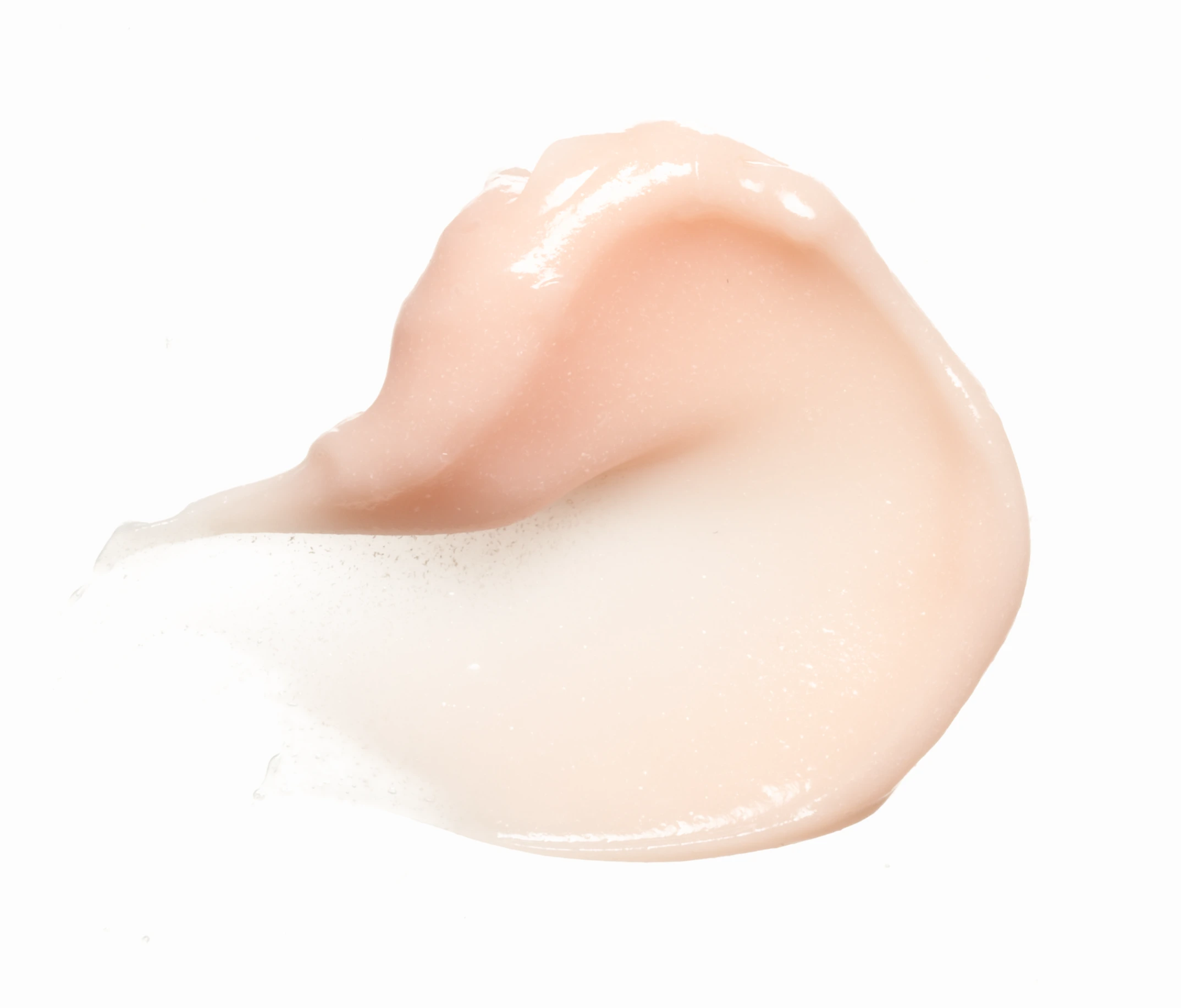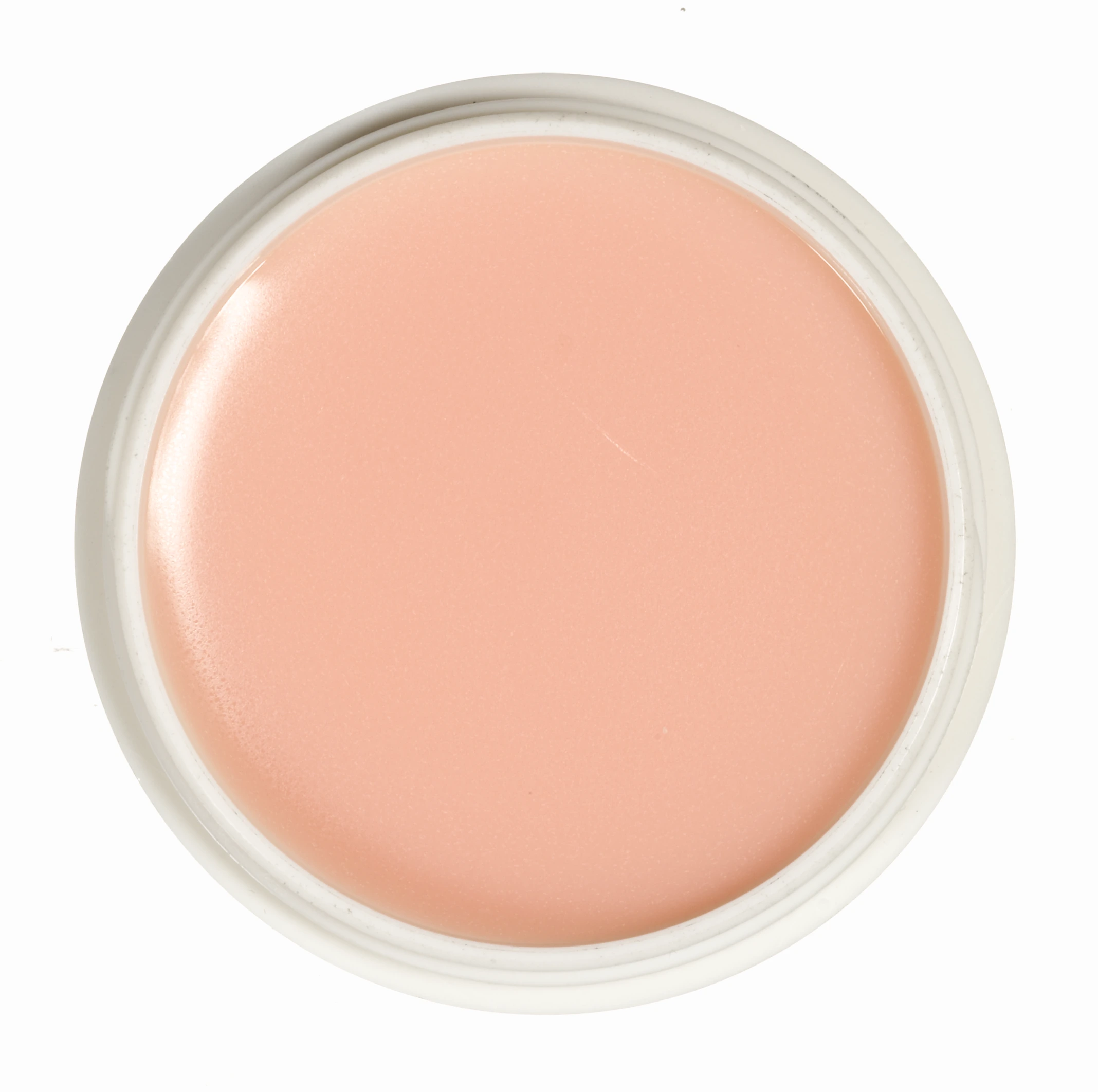Dry lips dispute: oils or balms for softer and more luscious lips?
What is better to choose for lip care? Balm or oil? We reveal a trick with which you will always choose the best lip care product.
Kristina Mikulić GazdovićFebruary 27, 2024


What is better to choose for lip care? Balm or oil? We reveal a trick with which you will always choose the best lip care product.
Kristina Mikulić GazdovićFebruary 27, 2024
Over the years, I’ve accumulated so much experience when it comes to trying lip balms that I dare to call myself a self-proclaimed expert. In the same way, last year I gave lip oils a lot of space in testing. I liked the idea of combining gloss and lip care. I’m always “for” products that do more than one thing at once. I expected that the lip oil would care for my lips better and longer than the balm. I tried various oils, but I would still reach for the most common lip balm without any added fragrance. In search of an answer to why my lips were cared for longer after the balm than after the oil, I came to one important difference: emollients vs. occlude.
An emollient is the name for a group of ingredients, mainly butters and some oils, that make the skin softer. The ingredients we call emollients are special in that they are partially absorbed and fill the cracks in the skin, unlike occlusives that just “sit” on the skin. One of the most commonly used emollients is lanolin, and coconut oil, glycerin, urea, petrolatum, ceramides and others are also often used. Emollients have the role of preserving moisture, but they are specific precisely because of their ability to fill skin cracks. All creams and lotions that leave the skin extremely soft can owe their effect to emollients.
Occlusives also have the role of preserving the skin’s moisture, but they achieve their effectiveness in a different way. These are mostly oils that are not absorbed into the skin but “sit” on the surface of the skin, creating a protective barrier. Our skin is naturally covered with an oily layer called sebum to prevent moisture loss through evaporation or TEWL (trans epidermal water loss). Although the skin will be soft from the oil, the feeling of softness is much greater with emollients. In fact, the most effective lip balms combine the effect of both emollient and occlusive, because we need both. Although I would not categorically describe one type of ingredients as better, our lips do not like one very popular type of oil.

When I was working in a cosmetics laboratory, one of my favorite rose-scented balms was always on my desk. It was a beloved formulation with a new scent that relaxed me, but my lips didn’t agree with my nose. No matter how much balm I applied, my lips would become dry again very quickly. I thought maybe the culprit was dry air or a lack of hydration, but my lip balm was to blame. This was revealed to me by a colleague who was a formulator with instructions to avoid lip balms with added perfumes and essential oils.
The skin on the lips is very thin and sensitive, and it does not produce its own oils. That’s why lips crack easily and need balms. Although essential oils and perfumes are a beloved part of the care ritual, specifically with the lips, they do not go well together. “Lip care should be minimalistic and in summer additionally accompanied by UV protection. Considering that it is a thin skin – a mucous membrane, which is often dried out due to the influence of environmental factors such as the wind, but also constant wetting of the lips, it is not recommended to use perfumed products or generally fragrant components such as essential oils.” advises Jelena Skendžić Ratkajec, founder of Skintegra, and adds, “For the care of dry and damaged lips, I suggest petrolatum-based products. If one prefers the concept of natural cosmetics, one can use a product based on butters such as shea and nourishing plant oils, although I must say that they do not protect as effectively against transepidermal moisture loss as petrolatum”.

As much as essential oils are loved, they have one important flaw. Essential oils are full of allergens. Although some have been adored in skin care routines for centuries, such as lavender essential oil or tea tree oil, not all essential oils are created equal. For example, cinnamon essential oil can seriously injure the skin and cause very unpleasant reactions. Citrus essential oils are also specific, as they are phototoxic. The phototoxicity of citrus oils means that they react with UV radiation (ie sunlight) and can cause citrus burns.
We also know that the consumption of essential oils is not recommended. Although we will not ingest lip balm on purpose, while eating or drinking some of the essential oil balm can enter the digestive system. The ingredients that make up lip balms must be safe for consumption, and essential oils are generally not. “Although some essential oils are used in the food industry as additives (e.g. mint, thyme, sage, etc.), they are used for these purposes under the strict supervision of experts in extremely small concentrations that are proven to be safe.” Tomislav Lukić, toxicologist and master of forensics, explained to us. He also advises that, despite this, he does not recommend consuming essential oils on his own initiative, especially not in pure form: “Consumption of essential oils, especially those of unknown origin, can, at the very least, lead to gastrointestinal complaints, but also to more serious problems such as strong allergic reactions, neurotoxic effects and liver damage.”
Now that we know that the skin of the lips is not a big fan of scented components, what is left to pamper them? In lip balms, it is preferable to have butters first, and then various moisturizing and nourishing ingredients come next.
Some of the beloved ingredients that the lips will want to feel are squalane derived from olive, ceramides that will quickly restore chapped lips, various plant waxes or the most important butters like jojoba and shea butter, and as for moisturizing ingredients, there is nothing better than panthenol, which not only moisturizes but also soothes the skin. Although oils are pleasant for the lips at the moment, balms take better care of the lips in the long term, because they combine emollients and occlusives, thus completely rounding off the nutritional needs of lip care.